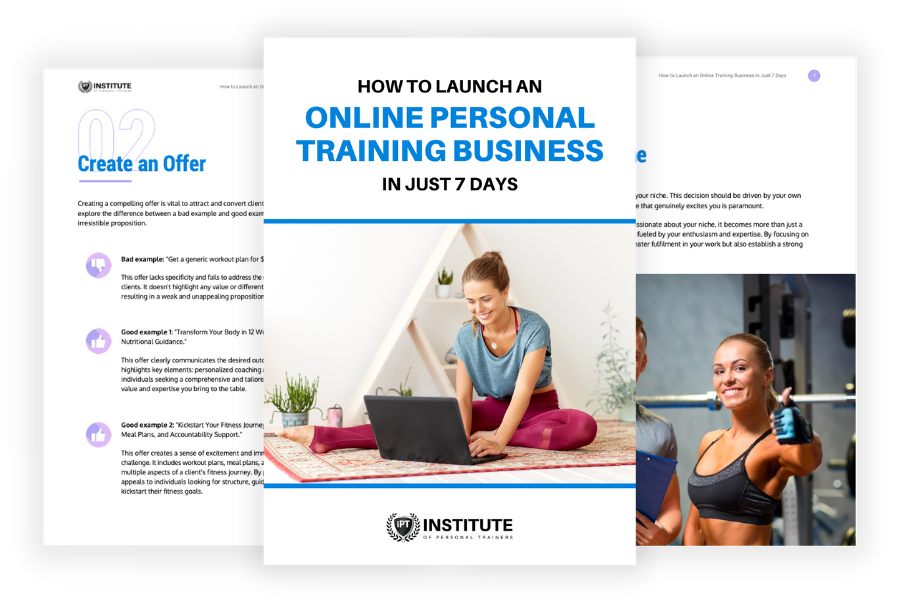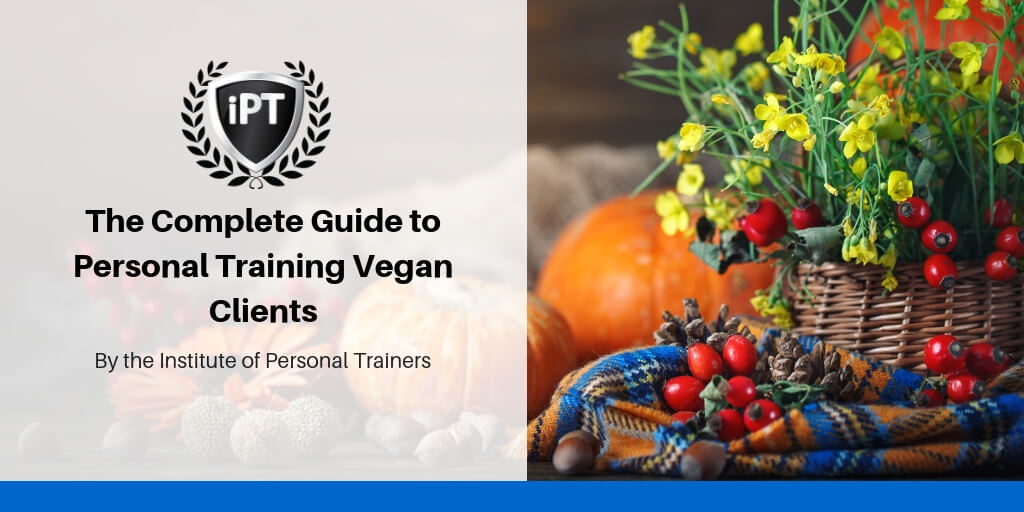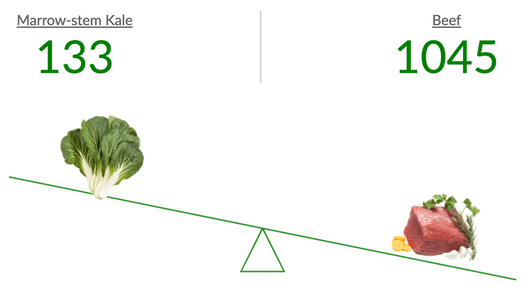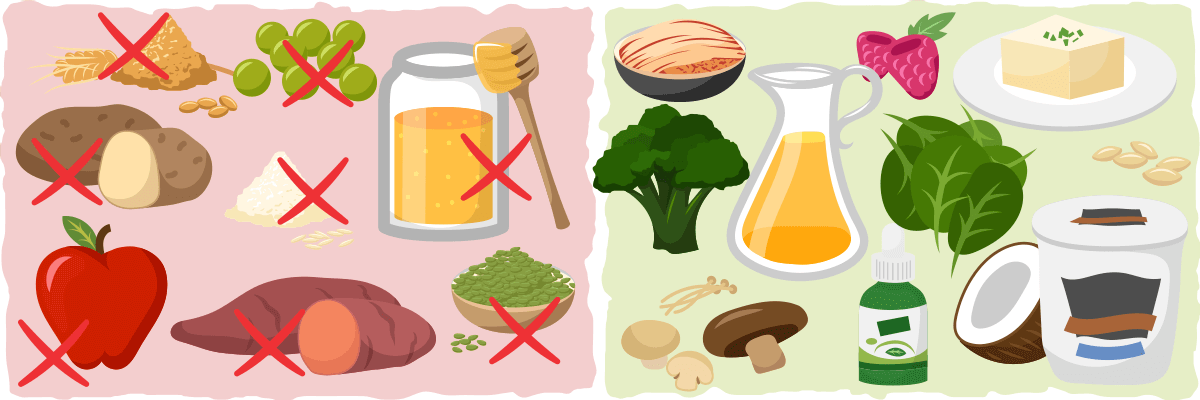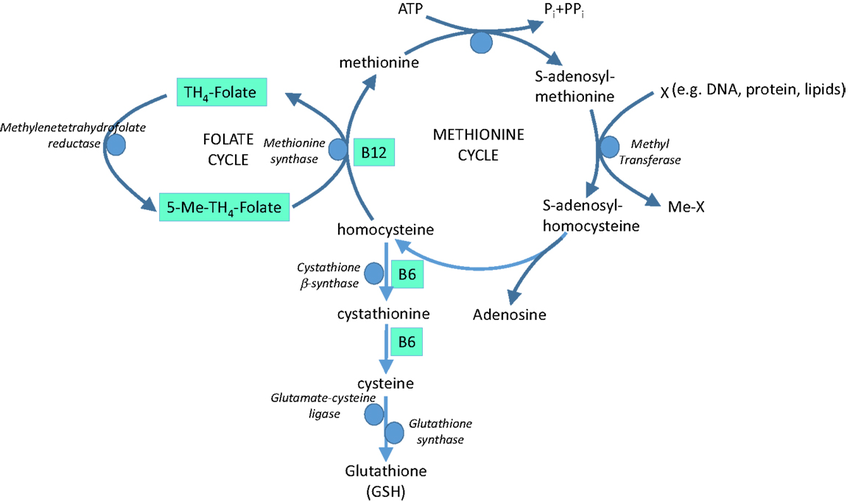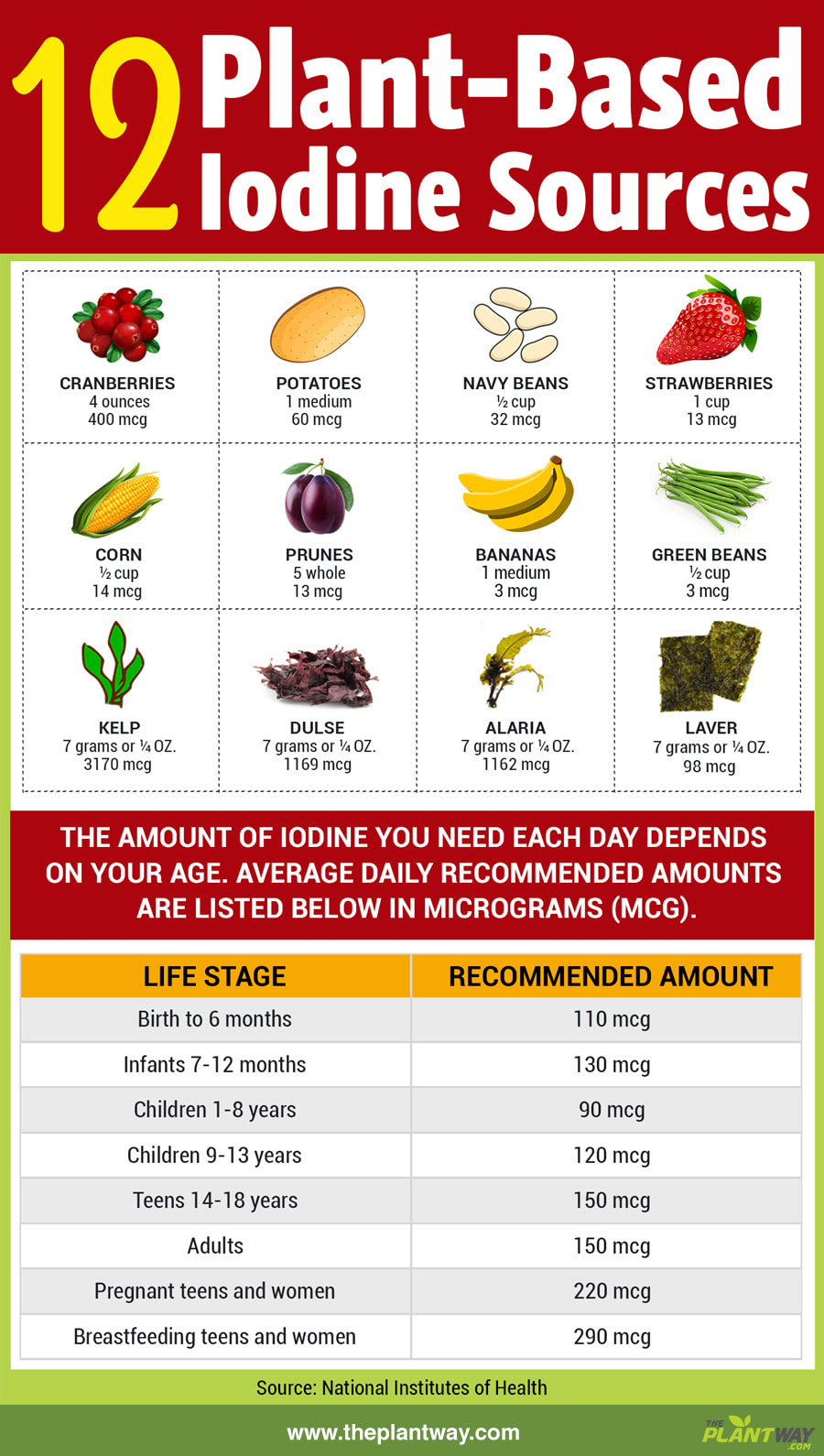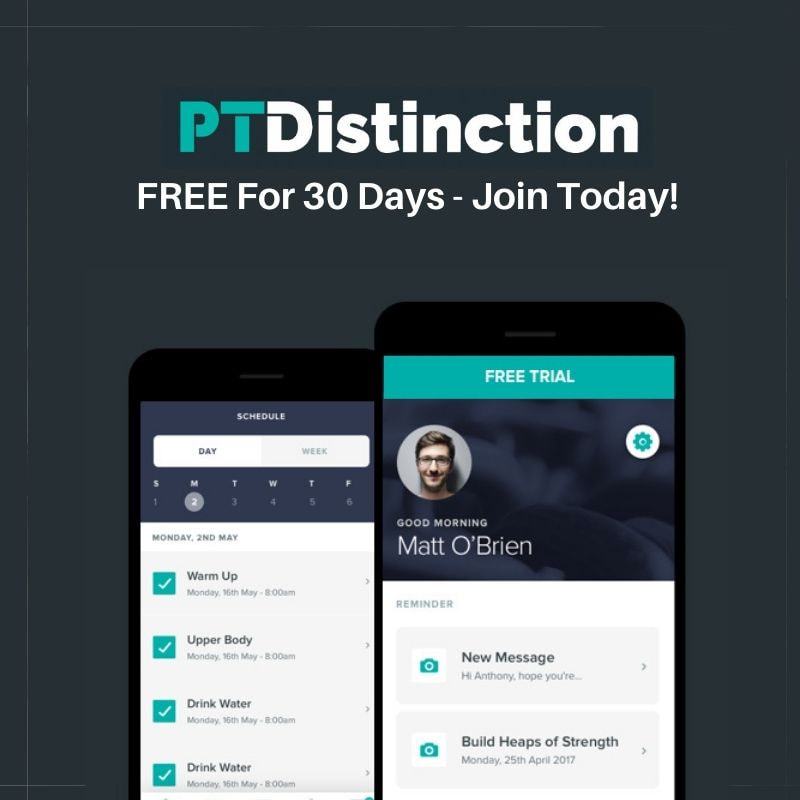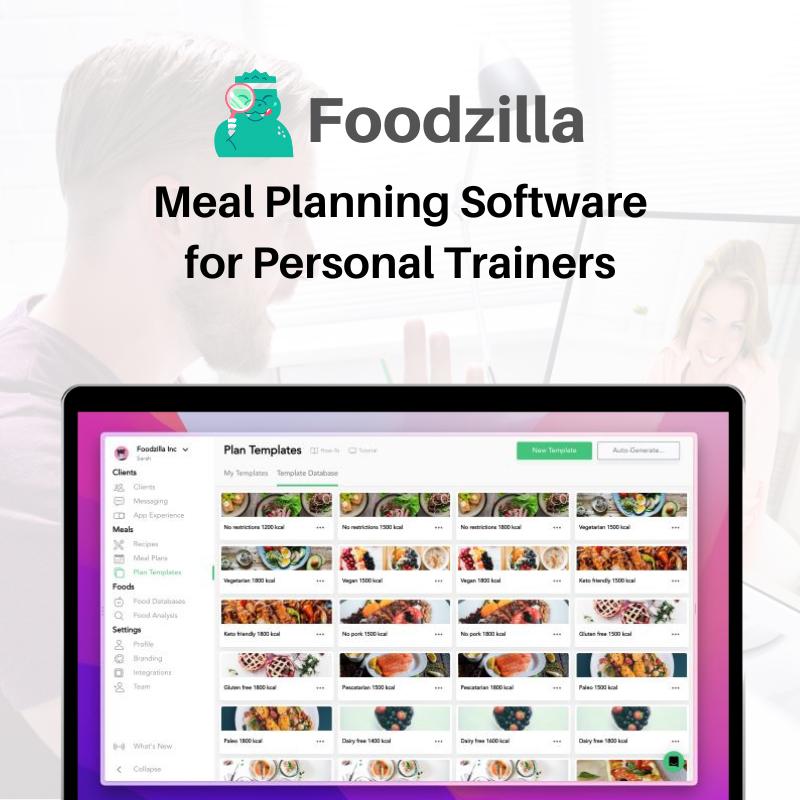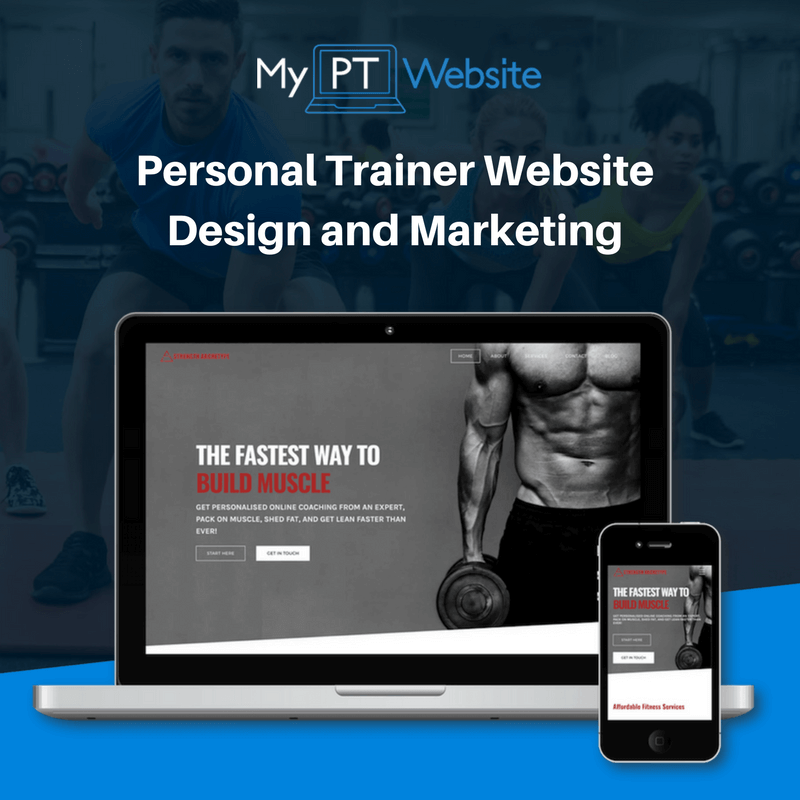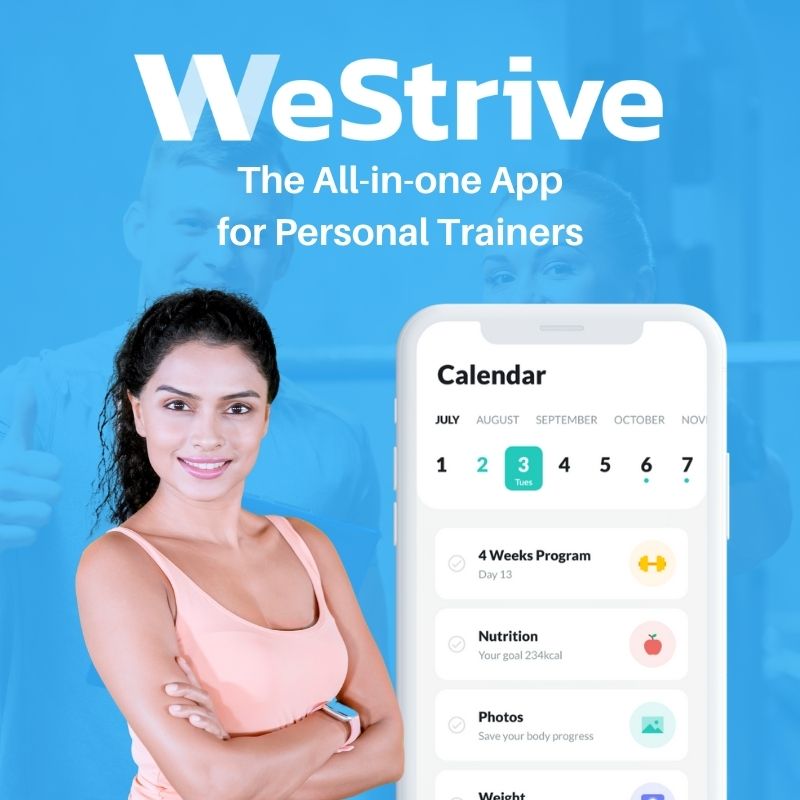|
FREE GUIDE: HOW TO LAUNCH AN ONLINE PERSONAL TRAINING BUSINESS
IN JUST 7 DAYS
✓ The new, better way of launching an online business
✓ The fastest way to create in irresistible offer ✓ A simple system to sell to clients who are interested |
|
Veganism is becoming more popular. While the absolute numbers of people eating the diet full-time remain small, a growing number are experimenting with it for health, environmental, and ethical reasons. It's likely, therefore, that at some point, you'll work with a client who eats a vegan diet. What Is Veganism? In short: no meat, no dairy, and no eggs. Veganism also often extends beyond the diet and rejects all use of animal products. For many trainers, the notion of training vegans might seem overwhelming because a vegan lifestyle differs so much from the average client lifestyle. But some evidence seems to suggest that a well-rounded vegan diet is not only healthful, but also the basis for individuals to make substantial progress with their health. A full vegan diet, for instance, eliminates many of the animal products which claim to work against cardiovascular fitness, something that is vital for a sustainable and healthy attitude towards any kind of training. Vegan diets also claim to deliver the type of high-quality protein needed to induce muscle hypertrophy - a concern for some clients. Far from being a disadvantage, many people who eat vegan diets report higher energy levels, better fatigue resistance, and faster recovery. Vegan fitness is real. Of course, strict vegetarian diets that eschew all animal products are at risk of derailing a client's objectives, if not done correctly. As a vegan personal trainer, you need to be aware of the issues that some people encounter on a vegan diet so that you're in a position to correct them before they impede training performance. Speaking of which, let's get exercise out of the way... Exercise for Vegan Clients You'll be glad to know this section will be short. Because training a vegan client in the gym is exactly like training any other client in the gym. Program an effective workout that will help them to accomplish their goals. The only thing you might find tricky is dietary advice. Technically, only Registered Dieticians should be giving nutrition advice but it doesn't hurt to at least get some knowledge, even if it's just for yourself. READ: The Personal Trainers Guide to Giving Nutritional Advice Getting Enough Energy There's no reason why vegan diets are necessarily less energy-dense than the standard alternative. People following strictly plant-based diets are free to drink soda and eat globs of peanut butter all day long. But vegan diets tend to contain less energy per mouthful because they contain foods that are generally less calorie dense. A large chunk of the volume of food that people eat is in the form of fruits and vegetables - both of which are mainly water. One of the main problems for many new vegans is that they don't have a good concept of how much they should be eating. They're used to their meals taking up a specific area on their plate. The problem, though, is that the plate area for 800 calories worth of steak and fries is much smaller than, say, a plate of quinoa and broccoli. Many people new to vegan diets, especially the whole-food variety, simply don't have a good working concept of the volume of food that they need to eat. Insufficient energy is a problem. Not only will your clients fail to put on muscle, but they'll also feel tired all the time. Their bodies will fight them every step of the way and try to get them to not engage in strenuous physical activity. Lethargy is the precise opposite of what you want. Educating your clients about calories is, therefore, vital. You need to spell out to them how much, say, salad they need to eat to reach their calorie goals. If they're feeling tired, the most likely explanation is simply that they're not eating enough. Here's a list of the top 10 high calorie vegan foods:
Protein for Vegan Clients The notion that vegan diets do not provide sufficient protein is a myth. Some evidence even suggests that human requirements for protein are surprisingly low. I'm not sure how well that research stacks up, but there is some of it. Almost all plant food comprises more than five percent protein. Any vegan consuming a calorically-sufficient diet, therefore, will get enough protein for all their basic processes, including growth and repair. The challenge comes when a vegan client wants to build muscle. One of the problems with plant protein is that it doesn't signal to the body in the same way as, say, a lump of steak. Plant protein doesn't create the hormonal environment which primes muscles for growth. You may, therefore, want to suggest to your clients that they eat protein from plant sources that do: such as isolated soy protein drinks. Here's a list of the top 8 high protein vegan foods:
Getting Enough CarbohydratesThere's no reason that a vegan diet has to be high in carbohydrates, but the vast majority are. Carbohydrates have had a bad rap over recent years. Nutritional scientists increasingly believe, however, that it is not carbs themselves that are the problem, but some of the foods in which you find them. Carbohydrates from oatmeal, for instance, interact with the body far more favorably than carbs from, say, cake. Likewise, the carbohydrates bound up in the form of whole fruit tend to interact positively with the body compared to their juices alone. All your clients need to know is the difference between a good carb and a bad carb and to try and eat more of the good ones. The benefits of high-fiber diets - those which include plenty of fruits, vegetables, legumes, and whole grains - are considerable. However, some people may suffer from gastric distress, especially in the first few weeks of switching to higher fiber intake. Radically increasing fiber levels can lead to wholesale changes in the gut flora - a transition which can be painful in some cases. If you have a client who eats a high-fiber diet but is experiencing terrifying flatulence, then you may want to advise them to increase fiber levels gradually and drink more water. Fat Intake For Vegan Clients Fat consumption on a vegan diet tends to be lower than on the standard western diet and low-carb, keto-style diets. Most vegan diets are high in unsaturated and polyunsaturated fats. As discussed in the introduction, this is one of the reasons why many researchers believe that vegans have better heart health outcomes. You will, however, need to keep an eye out for male clients on strict vegetarian diets: low levels of saturated fat can decrease testosterone, leading to listlessness. ALA, EPA, and DHA Vegans do not consume as many omega-3 fatty acids as their meat-eating counterparts because they do not consume marine animals, like mackerel. The body needs omega-3 fats, like EPA and DHA, to make a wide variety of tissues, fight inflammation, and improve cardiovascular health. The good news is that there are several plant sources of omega-3 fats in ALA form, including flax, flax meal, and walnuts. You can also recommend that vegans consume algae-derived EPA and DHA if you believe that they are not converting from ALA efficiently (for instance, if you have an older vegan client). Vitamin B12Vitamin B12 is essential for health but is not a part of modern, strict vegan diets. In regular diets, people derive B12 from animal and dairy sources, due to the high bacterial load. Unless people are eating muddy produce or manure, you can't acquire sufficient B12 on a vegan diet. If you have vegan clients, therefore, insist that they regularly consume a high-strength B12 supplement. Instruct them to choose methylcobalamin over cyanocobalamin. Without digging too much into the science, Methylcobalamin is more readily available to the body and causes less oxidative stress. Iron Vegans consume a similar quantity of iron to omnivores, thanks to the high content of beans and green leafy vegetables in their diets. The type of iron that they consume is, though, different: non-heme instead of heme. The beneficial thing about non-heme iron is that the body can regulate how much it absorbs. As a trainer, you do not need to pay iron status any special attention when training a vegan client. You may, however, want to keep an eye out for signs of anemia or iron deficiency. ZincZinc, like iron, is not of particular concern to vegans. However, there is evidence that zinc in plants is not as well absorbed as that from animal products. It's just harder for the body's digestive machinery to get at it. You may, therefore, encourage your clients to get as many calories as possible from plant food rich in zinc, including nuts, seeds, beans, and whole grains. Calcium Data suggest that vegans consume less calcium than their diary-drinking counterparts. Vegan athletes, therefore, should focus on sufficient eating quantities of high-calcium foods, including legumes and green vegetables, like kale, broccoli, and bok choi. You may also want to instruct your vegan clients to consume calcium-fortified plant-based milk alternatives. Iodine The body needs iodine for both physical and mental development. Vegans can both under- and over-consume iodine. Seaweed is the most common source of iodine in the vegan diet - food that vegans can incorporate in large and small amounts. Vegans need to eat some iodine-containing foods, but not too much, as this can affect thyroid function. It might be best in the case of iodine for trainers to recommend a daily supplement of 150 micrograms per day. Vitamin D Whether an athlete requires vitamin D depends on their current status. Vitamin D is a fat-soluble vitamin made when the skin is exposed to sunlight. You can derive it from animal foods, but usually only in small amounts. Vegans, just like everyone else, may struggle to create sufficient quantities in the winter months. Again, you may wish to advise your clients that they take supplemental doses of up to 4000 to 5000 IU per day. Summing Up Training vegan clients is undoubtedly trickier, but it takes a little know-how and understanding. The average vegan diet is radically different from the standard western diet, but not, perhaps, all that far away from the menu that you might recommend to the average client.
Again, most personal trainers aren't allowed to dish out nutritional advice per se, especially when they deviate from the dietary guidelines, but as a personal trainer, you vegan clients will look to you for support and advice. |
Our All In One Platform
Check out out all in one business & marketing platform for personal trainers!
WEBSITE BUILDER | FUNNELS |MEMBERSHIPS | SCHEDULING| EMAIL MARKETING| PAYMENTS| CRM | AI ASSISTANT | SURVEYS
Popular Articles
Trusted Partners
We work closely with some of the best service providers in the fitness industry.
Categories
All
|

